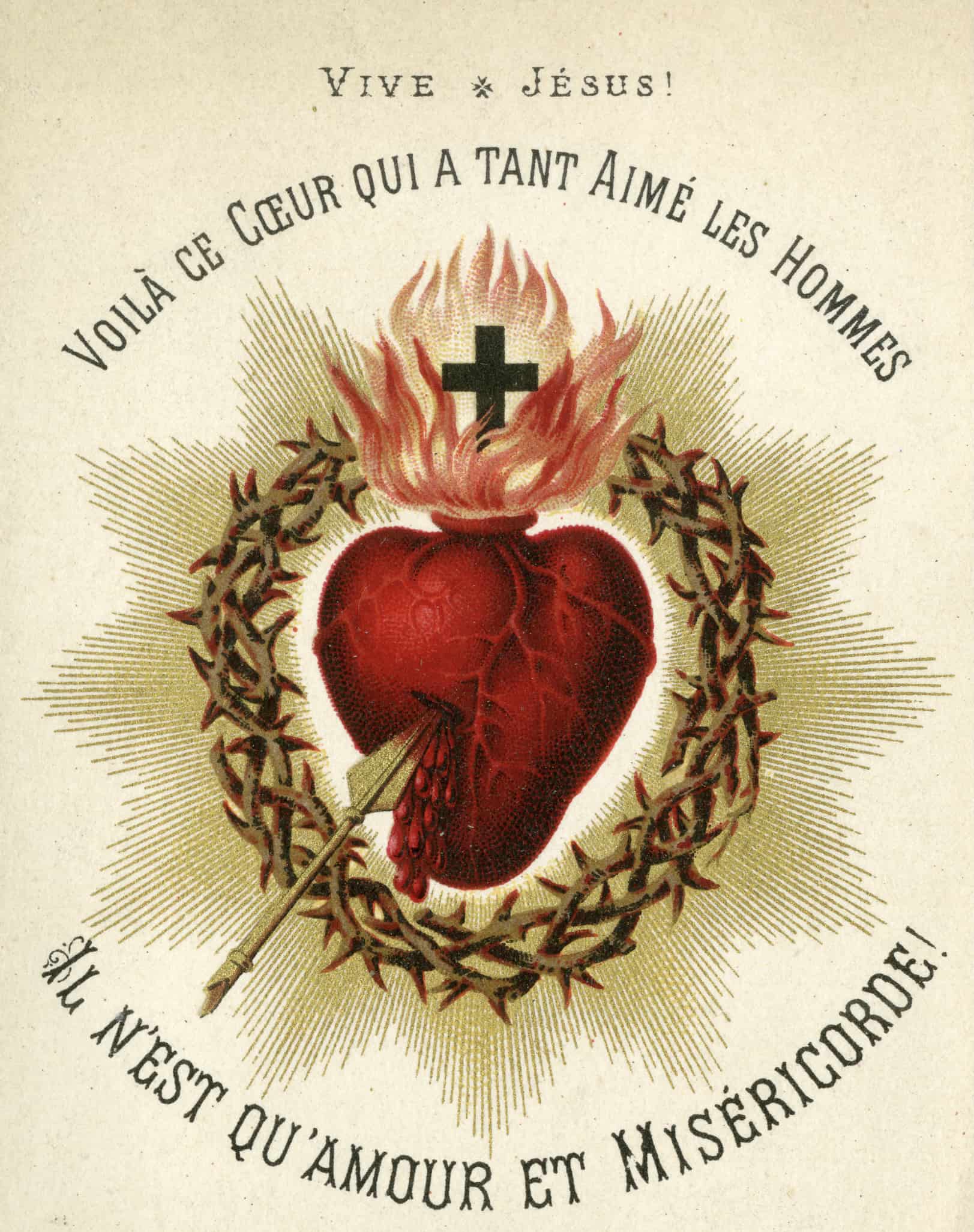
To elaborate further on my first blog in this series, if we want to understand the Sacred Heart, then we have to understand the Person and love of Jesus Christ. But if we want to understand the Person and love of Jesus Christ, then we have to first understand Jesus Christ Himself – Who and What He is. Which is the purpose of “Christology” – trying to contemplate the Who and What of Jesus Christ. If you think, for instance, of Matthew 16, we get the all-important question: “Who do people say that I am?” Well, some say you’re Jeremiah, some Elijah, as the apostles respond – two prophets that Jesus acts a lot alike. But then He makes the question personal to the 12 apostles: “but…Who do you say that I am…you St. Peter, you St. John, you Judas”. So it becomes a very personal question for the 12 apostles…Who is Jesus Christ? The same question that our Lord asks each of us today: Who do we say is Jesus Christ? With how we answer that question being of supreme importance, for that answer has a profound effect on the life that we choose to live. Is Jesus Christ a nice moral teacher, but no different from other religious leaders? Or is He something more, something worth being martyred for, as He was for 10 of these 12 apostles to whom Jesus first asked the question? Who is Jesus Christ…life radically changes, depending on how we answer the question.
Now then, first thing to do is define two philosophical concepts: “nature” and “person”. Let’s start with the concept of “nature”. Every being, meaning everything that exists (whether the angel, human, dog, tree, rock), exists according to a certain “nature”. And this nature of the being is essentially the definition of the being or what the thing is. For example, you are a human because you have the nature of a human, a cat is a cat because it has the nature of a cat, and a dog is a dog because it has the nature of a dog. Hence, different beings, different existing things, are different because they have different natures, a different “whatness”, as we may say.
But then the nature of the being is also further determinative of what that thing can do. For example, you are a human because you have a human nature, and because you have a human nature, therefore you can do things that humans can do – you can walk upright on two legs, choose to eat this or that, make a Holy Hour in an adoration chapel, etc. And a lion has a lion nature, so it can do things that lions can do – run on four legs, grow a mane, roar really loud, be the “king of the jungle”, as we say. So, the nature of the being defines both what the thing is and what that thing can therefore do. And you can only do what’s in your nature to do. A snake, for example, cannot walk upright on two legs because it’s not even in the nature of a snake to have legs to begin with. You are what you are and can do what you can do because that’s the nature of your being , that is how you exist. Hence, two different kinds of beings cannot do what the other distinctly and uniquely does – you can’t grow a paw because it’s not in your nature to grow a paw, for example, while the lion, likewise, cannot think and act rationally. So very simply, nature answers the question of what a thing is and then what it can do.
In our next post, we’ll address not just what a thing is and what it can do, but also what it ought to do!
If you would like to learn more about the Sacred Heart of Jesus, then check out Daniel’s audio course on the Sacred Heart – 13 audio tracks with over 11 hours of content! CLICK HERE to learn more and purchase.

